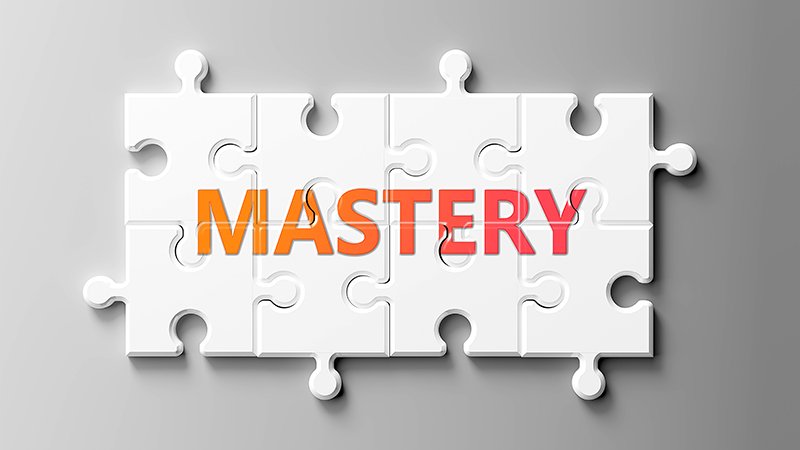Passion is often sparked by what excites us, what we enjoy, what energises us. On the other hand, purpose runs deeper as it is anchored in what we believe, the values we hold, and the change we want to see in the world. When we lead with purpose, passion transforms, it becomes more than personal fuel, it becomes a force for meaningful impact. And the lens through which we choose to see the world profoundly shapes what we experience. If we move through life in search of excellence, for example, with curiosity, hope, and an openness to be inspired, then we are far more likely to encounter excellence in people, in moments, and in ourselves. On the contrary, if we move through life scanning for flaws and failures, our view narrows, and all we see are problems. What we look for becomes what we find and often, what we create.
““What a piece of bread looks like depends on whether you are hungry or not.””





















